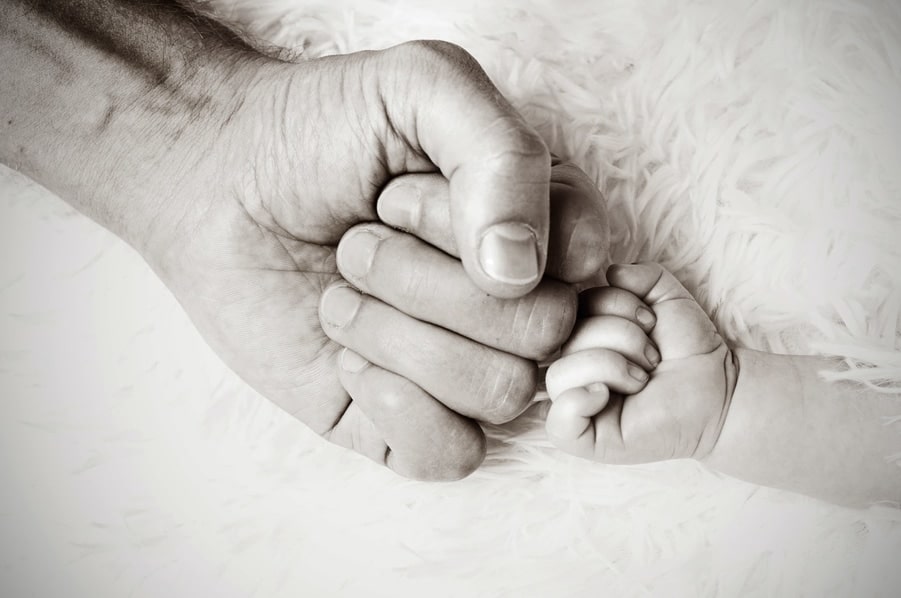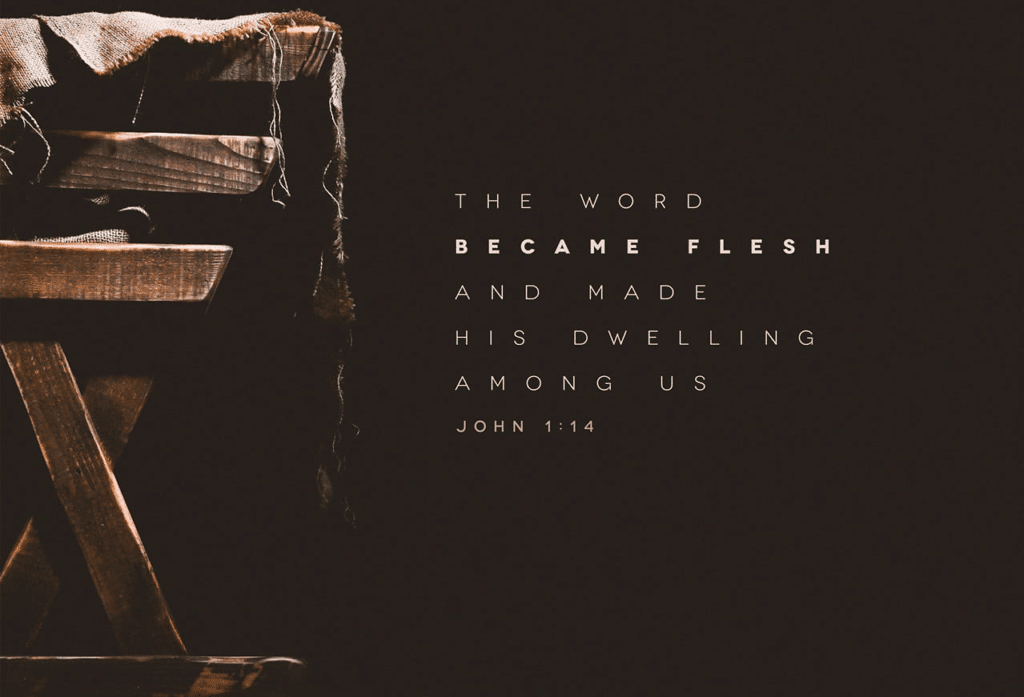A diamond is commonly used to show the multifaceted reality of how God saves sinners. Although a diamond is one gem, it contains many facets that, when gazed within, show different aspects of what is contained inside.
Like that, salvation has a beautiful complexity and many facets that make up a larger whole, and the more we examine the different aspects of what God is doing in His salvation, the more beautiful His work becomes.
God’s plan of salvation far exceeds anything our minds can embrace, and the depth of His love is far greater than anything our hearts can contain.
The Multifaceted Diamond of Salvation
1. Justification (Romans 3:26)
The legal dimension of our faith requires a declaration of right standing before God. Because of our transgressions, God as a judge must pronounce a sentence of “guilty” or “not guilty.” Justification is God’s legal declaration of right standing for us. In this, we are declared righteous before God as if Christ himself were standing in our place on our behalf. This is the scandal of grace and one of the most profound mysteries of God’s salvation.
2. Regeneration (Ezekiel 37:5-6)
Born spiritually dead, the things of God do not naturally satisfy us. As a result, we declare war on God by setting up our rival kingdoms against His, declaring right and wrong on our own terms. The act of regeneration is the act by which God brings us to life, revitalizing our minds and hearts to His beautiful and awestruck reality. God regenerates new life from our dead spirits, places His Spirit of life inside of us, and awakens us to have new desires for His presence.
3. Redemption (Ephesians 1:7)
In antiquity, when slaves completed their work to pay their debts, their owners would issue a redemption document. The slave would then be set free. When God took Israel out of Egypt, He redeemed them from Egyptian slavery. The picture of redemption is the picture of a sinner being set free from the bondage and slavery of sin. Sin keeps us locked in prison, but God redeems us by repurchasing us with Jesus. This new freedom we have in Christ is not a freedom to sin, but a freedom from it.
4. Propitiation (1 John 4:10)
God renderers justice perfectly. The punishment for sin has to be paid for, with no exception, by someone. Propitiation is when Jesus’ death absorbs God’s wrath for our sins. God punished sin by allowing Jesus to satisfy His wrath. Now, God’s wrath satisfied; there can be a way of peace. Although we made ourselves enemies of God, He died for His enemies and rendered death (the punishment for sin) upon His son so that we could have life and peace with Him.
5. Recreation (2 Corinthians 5:17)
God made the world and everything in it and called it “good,” but we took His creation and destroyed it with our sin. The beginning of God making all things new starts with Christ. As followers of Christ, we experience a transformation of self. We’re not made “better people,” we’re transformed into a whole new type of human, people who love God and follow His voice. God is moving creation toward newness, and He is doing this now in us. We are the first fruits of His new creation.
6. Sanctification (Philippians 2:12)
God sets apart those who belong to Him to be used for special purposes. This is sanctification, and it means that God is changing us from the inside out, giving us the ability to say no to sin and yes to Jesus. God is moving us toward holiness, and although we are living imperfectly, we still maintain a steady path toward holiness. God uses all areas of our lives to sanctify us and to show us our sinfulness so that we can repent and work out the salvation that God has given us.
7. Adoption (Ephesians 1:5)
CS Lewis said, “The Son of God became man to enable men to become sons of God.” Not every person is God’s child, but through Christ’s work, we can become children of God through adoption. This changes the way God relates to us, not as a dictator, but as Father. This profound, loving image of God being our Father is only thought of in the Christian world-view. This also changes the way we relate to one another as believers, now as brothers and sisters in Christ.
8. Reconciliation (2 Corinthians 5:18-21)
When a husband and wife fight, they effectively declare war on each other. In the same way, we have declared war on God, broken our relationship with Him, and separated ourselves from His presence. Although we have made ourselves His enemies, He brings us back to a restored relationship with Him through Christ. Now having peace with God, we are reconciled back to him. Because we have reconciliation with God, we can now have reconciliation with others.
9. Atonement (Romans 3:25)
Two people sit down at a restaurant, and the server brings the bill. Person A forgets his wallet, so Person B says, “I’ll cover you.” In this way, Person B has “covered” the debt that Person A is required to pay. So this is the act of atonement. Jesus “covers” our sin by paying our debt that is owed to God. Jesus lived his life in a way that earned God’s favor, and He uses his righteousness (his earned work) to pay for our sinfulness by giving us his righteousness and absorbing the damaging effects of our sinfulness.
10. Grace (Ephesians 2:8)
Nothing of God’s work is accomplished apart from His grace. Johnathan Edwards rightly understood and clarified this truth with his powerful statement: “You contribute nothing to your salvation except the sin that made it necessary.” We make ourselves enemies of God, yet He comes on a mission to save us from the hell we have created, and instead of giving us what we deserve, He gives us grace. God’s grace is most clearly seen at the cross- where Jesus dies for his enemies.
The Diamond as a Whole Is Our Union With Christ
Every aspect of our relationship with God and its benefits find their place in our union with Christ. It is the unity that we have with Jesus that activates and seals our position within the love and protection of God.
This means our greatest need is to embrace the person of Jesus and to live with the sole purpose and primary focus of cultivating the relationship that we have with him, and to place him above all things in our lives, loving him more than our own families and even ourselves. It means that he is more valuable to us than even our own lives.
His reward is more excellent. His work is complete. Jesus is the true gem of the multifaceted beauty that we find in God’s saving work, and he is the timeless treasure of ultimate worth and value.




































